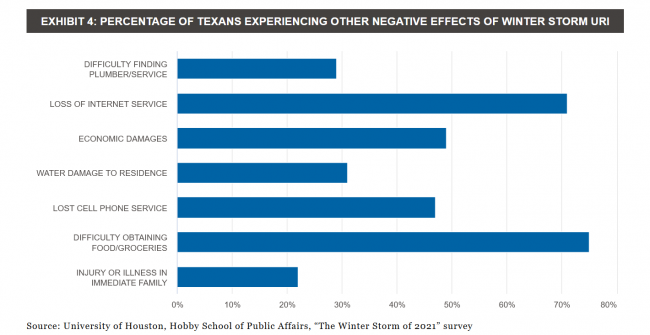Is using natural gas a realistic option in most grid-down scenarios?
Given the number of electrical grid-down scenarios over the past year or so, I’ve been thinking about how to heat my home should that happen in the dead of winter.
My question is this: Does natural gas ever get disrupted, specifically in locations like the Rocky Mountain West? Power outages exceeding more than a few hours in my area are rare, perhaps once a year at most. I don’t recall ever–in my lifetime–having a natural gas outage, period. Though, obviously, anything is possible given the right bad circumstances.
It occurred to me that in a simple extended power outage (ranging from a few hours to a few days) due to, say, downed power lines in a snowstorm, I could simply plug the fan for my gas fireplace (or, possibly, the fan for the main house heater, which uses forced air) into a Jackery or DIY power station and keep heat circulating through the house. While I haven’t yet taken a look at the setup in the basement furnace room, my initial thought is that that electric fan on my fireplace would require significantly less electricity and would be sufficient to keep our small two-bedroom ranch style home “warm enough” in an emergency situation.
Obviously, as well all things prepping, I wouldn’t want to put all my eggs in the same prepping basket. So being prepared to function without natural gas ultimately needs to be part of my plan. But, it seems, that many if not most grid-down situations would be no electric BUT natural gas still available, allowing me to battery power the fans to circulate the heat. And, obviously, for an extended outage, natural gas–if available–is in much greater supply than the amount of propane I can realistically (and safely) store onsite.
-
Comments (10)
-
